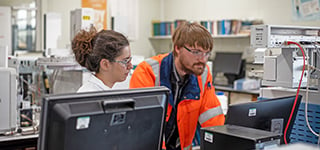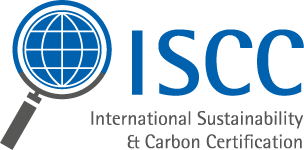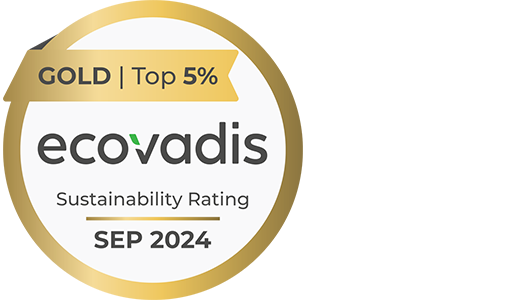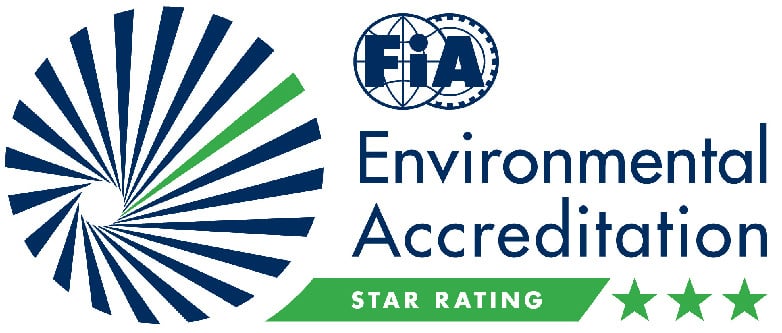
Agrochemicals: Key benefits of low-naphthalene aromatic solvents
In the agrochemical industry, the choice of solvents plays a crucial role not only in product performance but also in safety, environmental impact, and regulatory compliance. Low-naphthalene aromatic solvents are increasingly favored by manufacturers for their better environmental profile, reduced toxicity and ability to meet strict regulations. In this article, we will explore the key benefits of these solvents and why they are becoming essential in modern agrochemical formulations.
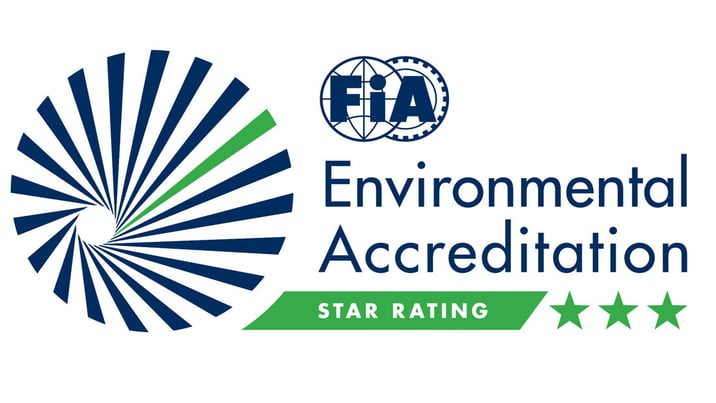
Haltermann Carless receives FIA Three-Star Environmental accreditation
Haltermann Carless has received highest level of environmental sustainability recognition by the Fédération Internationale de l'Automobile (FIA), the governing body of world motorsport. With our motorsport brands, ETS Racing Fuels and Carless, we are driving low carbon solutions with our up to 100% renewable fuels.
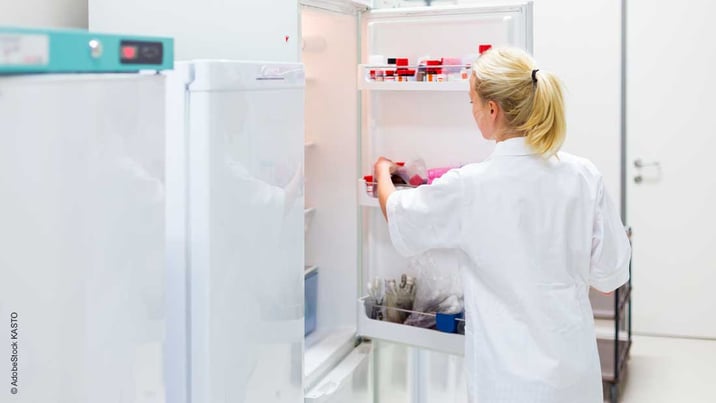
Cyclopentane for pharmaceutical refrigerators: Safe storage
To ensure that medication remain effective, there are a number of regulations for handling them, but above all for proper transportation and storage. In addition to safety and hygiene regulations, mandatory refrigeration is of great importance for a number of medicines and other products that are important for healthcare. Pharmaceutical refrigerators and refrigeration logistics play an important role in the medical sector. Efficient insulation and high-quality raw materials such as cyclopentane are a key component for safe cooling performance. Read more about this.
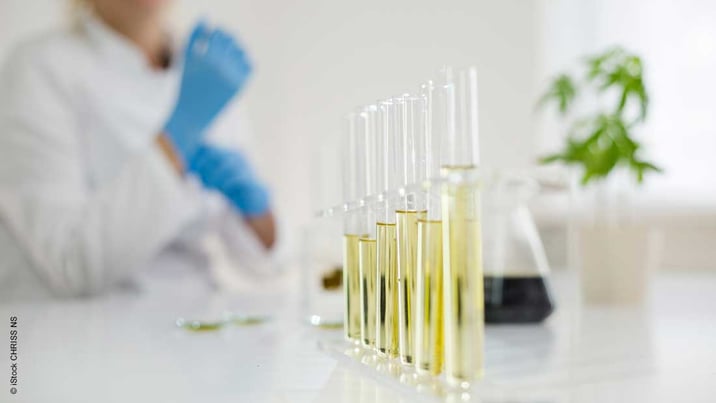
Pharmaceutical solvents: Quality control in CBD production
CBD products have long since become part of our everyday lives. Whether as a pharmaceutical or lifestyle product, dietary supplement or in cosmetics. High quality is important, as impurities can lead to a loss of effect, taste and tolerability. Which extraction process is used plays a decisive role, along with other factors. Here you can find out why CBD production with high-purity hydrocarbons ensures the best quality.

Haltermann Carless solvents strong in paints, coatings and adhesives
Contamination, changes and delays: These three potential problems pose major challenges for the paints, coatings and adhesives industry. Manufacturers depend on the continuity and reliability of their solvent suppliers. This means that consistently high quality and a punctual delivery guarantee are basic prerequisites for a long-term partnership. Haltermann Carless meets these requirements and offers customers additional services.

The advantages of NSF certification for low-viscosity base oils
Certifications guarantee independent testing and fulfil legal requirements. Above all, however, they create trust in products and their ingredients. In food and beverage production, but also in many other companies where food and machinery come into contact, NSF certification of lubricants or process oils is of great importance. It is a seal of quality and stands for food safety. The following article explains the benefits for manufacturers, suppliers and customers in the food processing industry.

Solvents for paints and coatings: Alternatives to toluene and xylene
Manufacturers of paints and coatings are often confronted with the question of alternatives for certain raw materials. There are many reasons for this, ranging from changes in legal regulations to new market requirements. On the one hand, alternative products should have similar properties; on the other hand, the new supplier should offer high-quality products as well as reliable and comprehensive service. Two raw materials in the paints and coating sector are repeatedly the subject of critical discussion. Here you can read why this is the case and what alternatives there are to toluene and xylene.

Interview: New NSF-certified Pilot® Oils for the food industry
With a specialised portfolio of low-viscosity base oils, Haltermann Carless offers high-quality products that can be tailored to the individual needs of different industrial machinery and equipment and their lubricants. Suppliers and manufacturers in the food and beverage industry now have access to a range of NSF-certified Pilot® Oils. Find out what important added value these Pilot® Oils offer in an interview with Dr André Rosehr, Technical Service & Development Manager at Haltermann Carless.
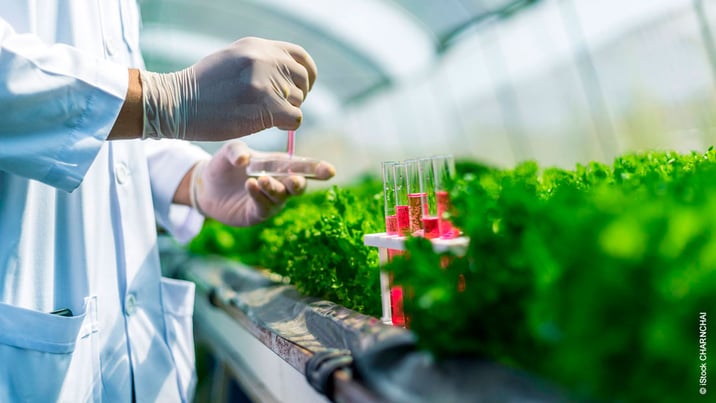
Haltermann Carless labs ensure the quality of aromatic solvents 4-fold
Aromatic solvents are frequently used in the formulation of agrochemical products. They must be safe, easy to handle, effective, cost-efficient and environmentally sound. The quality of aromatic solvents is therefore a key criterion for manufacturers when choosing the right supplier. You can read about the contribution of our laboratories to the quality assurance of aromatics in this article.

Lubricants: NSF certification offers food safety
Lubricants and process oils are a basic prerequisite for long-lasting and smoothly operating machinery. High quality requirements are placed on these products if they could potentially come into contact with beverages, food and animal feed. NSF certification focuses precisely on this case and certifies products such as lubricants for safe use. In the following article, you can find out more about the NSF certification content, the different NSF categories and what advantages certified products offer.
Latest Blog Posts
Topics
- Aerospace (7)
- Agrochemicals (7)
- Aromatic Solvents (8)
- Automotive Industry (4)
- Base Oil (3)
- Construction (19)
- Digitalisation (3)
- Extender Oil (3)
- Food Industry (3)
- Fuels (6)
- Insulation (17)
- Middle Distillates (16)
- Paints, Coatings & Adhesives (5)
- Pentanes (29)
- Pharmaceutical Industry (11)
- Racing Fuels (2)
- Refrigerator Industry and Cooling Logistics (4)
- Silicone Sealants (1)
- Sites & Production (7)
- Solvents (16)
- Supply Chain (11)
- Sustainability (31)
- Sustainable Aviation Fuel (SAF) (9)
- Water Treatment (3)





